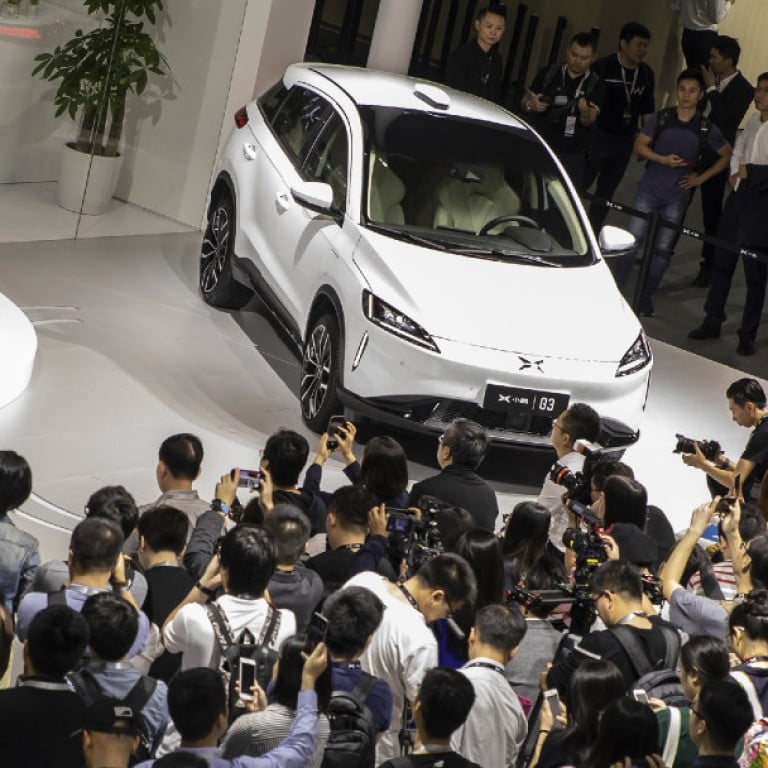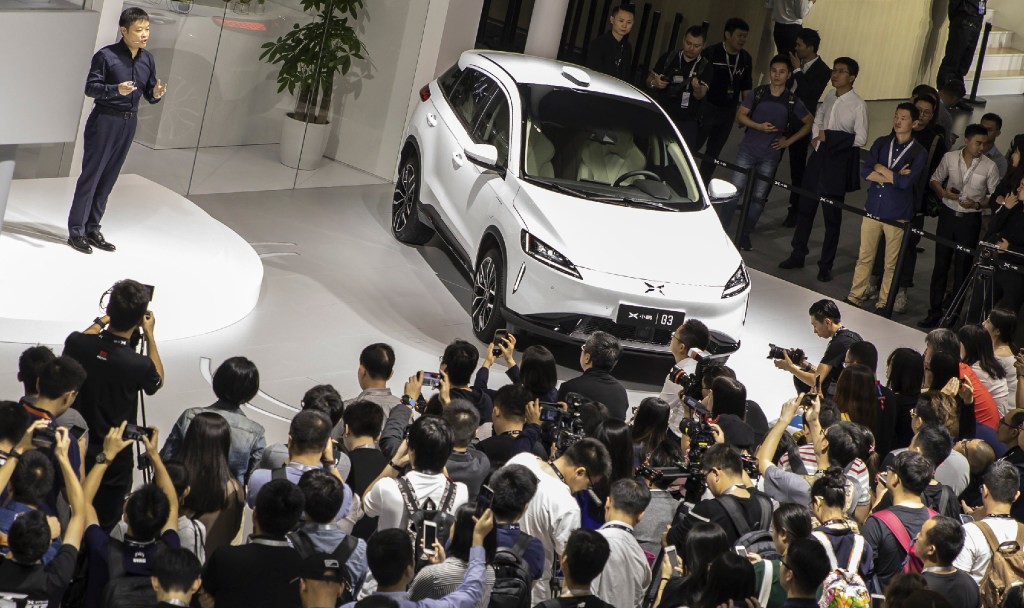
Layoffs, protests and burning cars cloud China’s ‘Tesla challengers’
Boom times for electric vehicle startups are coming to an end as government slashes subsidies
In China, nearly 500 companies are making electric vehicles (EVs) thanks to heavy government subsidies aimed at boosting the industry. Now the tide is turning, and many are facing tough times trying to keep their businesses afloat.

(Abacus is a unit of the South China Morning Post, which is owned by Alibaba, a backer of Xpeng Motors.)
But as the government has gradually scaled back the subsidies, an overcrowded market started bracing for a downturn.
For more insights into China tech, sign up for our tech newsletters, subscribe to our Inside China Tech podcast, and download the comprehensive 2019 China Internet Report. Also roam China Tech City, an award-winning interactive digital map at our sister site Abacus.

